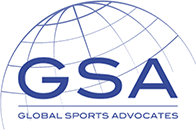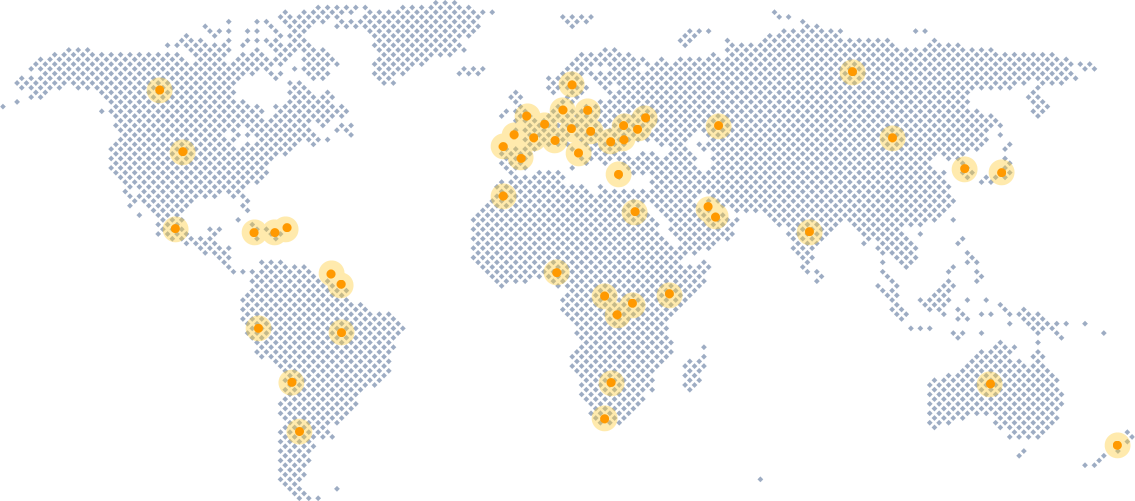 The International Tennis Integrity Agency (ITIA) was created by the International Governing Bodies of Tennis in 2021 to protect the integrity of professional tennis. ITIA administers the Tennis Anti-Corruption Program (TACP), the sport’s anti-corruption code.
The International Tennis Integrity Agency (ITIA) was created by the International Governing Bodies of Tennis in 2021 to protect the integrity of professional tennis. ITIA administers the Tennis Anti-Corruption Program (TACP), the sport’s anti-corruption code.
TACP is a set of rules that players, coaches, officials, agents, and tournament staff are required to follow. Generally, TACP rules apply for two years after you’ve left the sport. For example, coaches are covered by TACP for two years following the last event for which they received accreditation.
4 Types of Corruption Violations
TACP rules cover four main types of violations: betting, match-fixing, inside information, and wildcards.
- Betting: As a covered person, you are not permitted to bet on any tennis event or assist others in betting-related activities. Betting companies must not sponsor, employ, or provide any other benefits in exchange for your services or the services of a player you are affiliated with.
- Match-Fixing: Attempts to fix the outcome or any aspect of a tennis event are not permitted. This includes spot-fixing of points, games, or sets or attempting to manipulate the draw in any way.
- Inside Information: Players, coaches, agents, officials, and tournament staff should not share sensitive information about a tennis event or a player that could be used for betting purposes.
- Wildcards: As a covered person, you are not allowed to accept or give money or any form of compensation in exchange for a wildcard on behalf of or for the benefit of a player, regardless of whether the player has knowledge of your actions.
The TACP Investigation Process
TACP investigations typically begin as the result of a report of corrupt activity. All covered persons are required to report any knowledge or suspicion of corruption to ITIA. They must also inform ITIA if they are approached by someone asking them to engage in corrupt conduct.
In some cases, behavior that is a TACP violation also violates criminal law. ITIA works with law enforcement during criminal investigations related to match-fixing and may take action during or after the completion of a criminal investigation as permitted to do so by law.
After a report has been received, ITIA will review the available evidence to determine if an Offense or a Major Offense has been committed. Notification of the violation and the accompanying sanction will be sent to the covered person, along with a deadline for submitting a response.
If a covered person is charged with an Offense, they can choose to accept (not contest) the sanction set out in the Notice of Offense. If they dispute that they have committed the Offense (contest), their case will be considered by an Anti-Corruption Hearing Officer (AHO). The maximum penalty for an Offense is a six-month ban and a $10,000 fine.
If a covered person is charged with a Major Offense, they can choose to accept (not contest) the sanction set out in the Notice of Offense. If they dispute that they have committed the Major Offense (contest), their case will be considered by an Anti-Corruption Hearing Officer (AHO). The maximum penalty for a Major Offense is a lifetime ban and a $250,000 fine.
If you choose to contest your case, the AHO may elect to put a provisional suspension in place until the full charge has been considered.
A covered person who receives a sanction from ITIA has the right to an independent appeal of the Decision. For Offenses, appeals are heard by an AHO. For Major Offenses, appeals are heard by the Court of Arbitration for Sport (CAS).
With a limited number of exceptions, sanctions imposed by ITIA and Decisions from AHOs are published on the ITIA website.
Don't Take Chances With Your Future
If you've been accused of violating Tennis Anti-Corruption Program rules, you need to retain an experienced sports lawyer as soon as possible. These violations can damage your professional reputation and put everything you've worked for at risk.
When you're facing the possibility of disciplinary action related to sport integrity or competition manipulation, Global Sports Advocates can help. Experienced sports law attorney Paul Greene will understand your predicament and prepare a strong defense against the allegations you are facing. Contact us online by clicking the button above or by calling us at +1-207-747-5899 to schedule an initial one-hour consultation.

